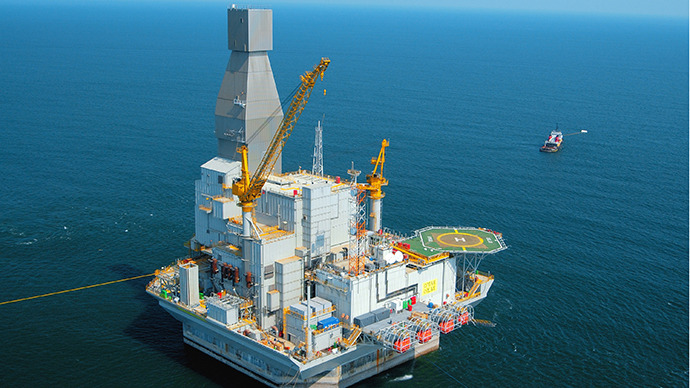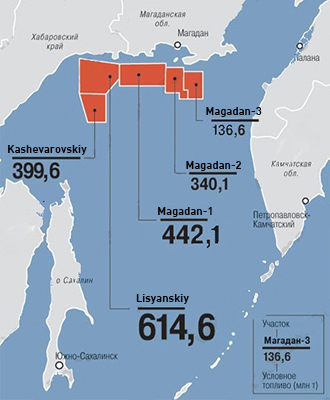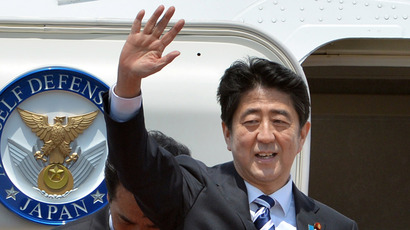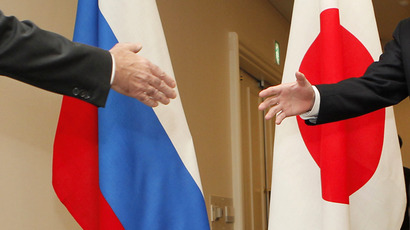Full speed ahead: Rosneft partners with Japan’s largest energy explorer

Russia’s Rosneft has signed a cooperation agreement with INPEX, Japan’s largest energy explorer, to jointly explore oil and gas in the Sea of Okhotsk, a possible game changer in the Far East oil race.
INPEX released an official statement on Wednesday detailing the
preliminary agreement, which gives INPEX exclusive rights to
negotiate the final development and discovery activities.
Once the final agreement is acted on, INPEX and
Rosneft with both establish joint venture companies, and INPEX
will hold a 33.33 percent stake in the oil and gas blocks. The
agreement was signed by Rosneft President Igor Sechin and
Toshiaki Kitamura, President and CEO of INPEX.
“Partnership between Rosneft and INPEX will contribute significantly not only to the development of the Russian Far East, but also to the development of economic relations between Russia and Japan, and will strengthen energy security of our partners,” Sechin said in Rosneft’s press release on their website.

The venture will explore the Magadan-2 and Magadan-3 offshore blocks near Magadan, a city first used as a Gulag in Soviet times and now an isolated port city with a steadily declining population.
The blocks, located in the northern part of the Sea of Okhotsk, have a depth of 120 meters to 180 meters, and are estimated to contain roughly 1,577 million metric tons of oil, the Rosneft statement said.
Exploration will begin in 2017 and drilling is expected to start in in the mid-2020s. Initial costs will be footed by Japan Oil, Gas and Metals National Corp, which will subsidize 50 to 57 percent of explorations costs. The Japan Bank for International Cooperation is also expected to contribute to funding.
INPEX spokesman Kaisuke Yano said the company was not the source of the report, Bloomberg reported.
The agreement is timely for Japan, which has been in an energy pinch ever since the Fukushima crisis wreaked havoc on Japan’s nuclear power industry. Japan is heavily dependent on gas imports and consumes over 100 billion cubic meters a year while only producing 4 billion domestically. Since the Fukushima disaster in 2011, Japan has had an increasing demand for alternative heating, especially gas. Presently, Japan imports gas from the Middle East.
When Japanese Prime Minister Shinzo Abe visited Moscow in late April, he and Russian officials agreed to prioritize investment in Russia’s Far East. The Director General of the Russian Direct Investment Fund announced he expected Russian-Japanese ventures could increase 10 times over the next three years.
Japan has recorded its longest trade deficit in 30 years, due to increased energy demands and lack of domestic supply. Japan currently consumes a third of global LNG shipments, with Russia providing 10%, Reuters reported.
A year after taking over at Rosneft, Sechin's expansion drive has expanded rapidly, most notably with the TNK-BP acquisition, which not situates Rosneft as the world’s largest publicy traded oil producer.
Sechin has also taken target to Gazprom, Russia’s current reigning oil monopoly, which is confronted by falling sales in Europe and decreases in export margins, which generate nearly 60% of its gas revenues.
Gazprom has also been closely eyeing an opportunity to gain an edge in the robust Japanese market.














